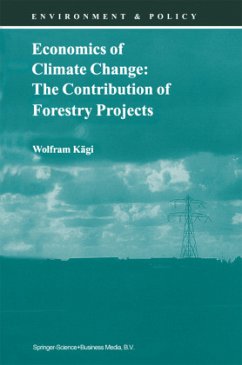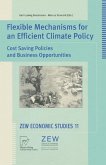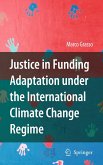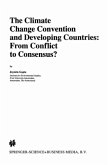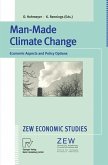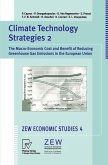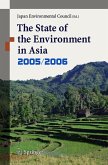Climate change is one of the major global environmental problems, one that has the potential to confront us with great costs during the decades to come. Climate change is caused by emissions of greenhouse gases (GHGs) such as carbon dioxide (CO). As z deforestation leads to CO emissions and growing forests sequester CO, forestry z z projects provide us with options to mitigate CO effects. This study analyses the z contribution Jorestry projects can make within the context of climate change. The contribution of forestry projects is here discussed on two levels. On a first level, the COz effect of individual projects is analysed. On a second level, the study asks whether the analysis of forestry projects can contribute to questions on climate change which have been discussed in the economic literature during the past two decades. While most studies on forestry projects focus on particular details, predominantly on technical issues, this study takes a rather broad perspective, drawing together different relevant aspects: the stability of international agreements is discussed, costs and benefIts of reducing GHG emissions in industrial countries are reviewed, the underlying causes of deforestation are analysed and insights from resource economics are taken into consideration. Such a wide perspectiveallows the identifIcation, discussion and appreciation of problems and opportunities associated with forestry projects in the context of climate change which are otherwise not recognised.
Hinweis: Dieser Artikel kann nur an eine deutsche Lieferadresse ausgeliefert werden.
Hinweis: Dieser Artikel kann nur an eine deutsche Lieferadresse ausgeliefert werden.
`Overall, Kägi's book can be recommended to anyone interested in the intricacies of CDM sinks projects and the debate that is going to start soon about their detailed criteria.'
Climate Policy, 2:1 (2002)
Climate Policy, 2:1 (2002)
`Overall, Kägi's book can be recommended to anyone interested in the intricacies of CDM sinks projects and the debate that is going to start soon about their detailed criteria.'
Climate Policy, 2:1 (2002)
Climate Policy, 2:1 (2002)

